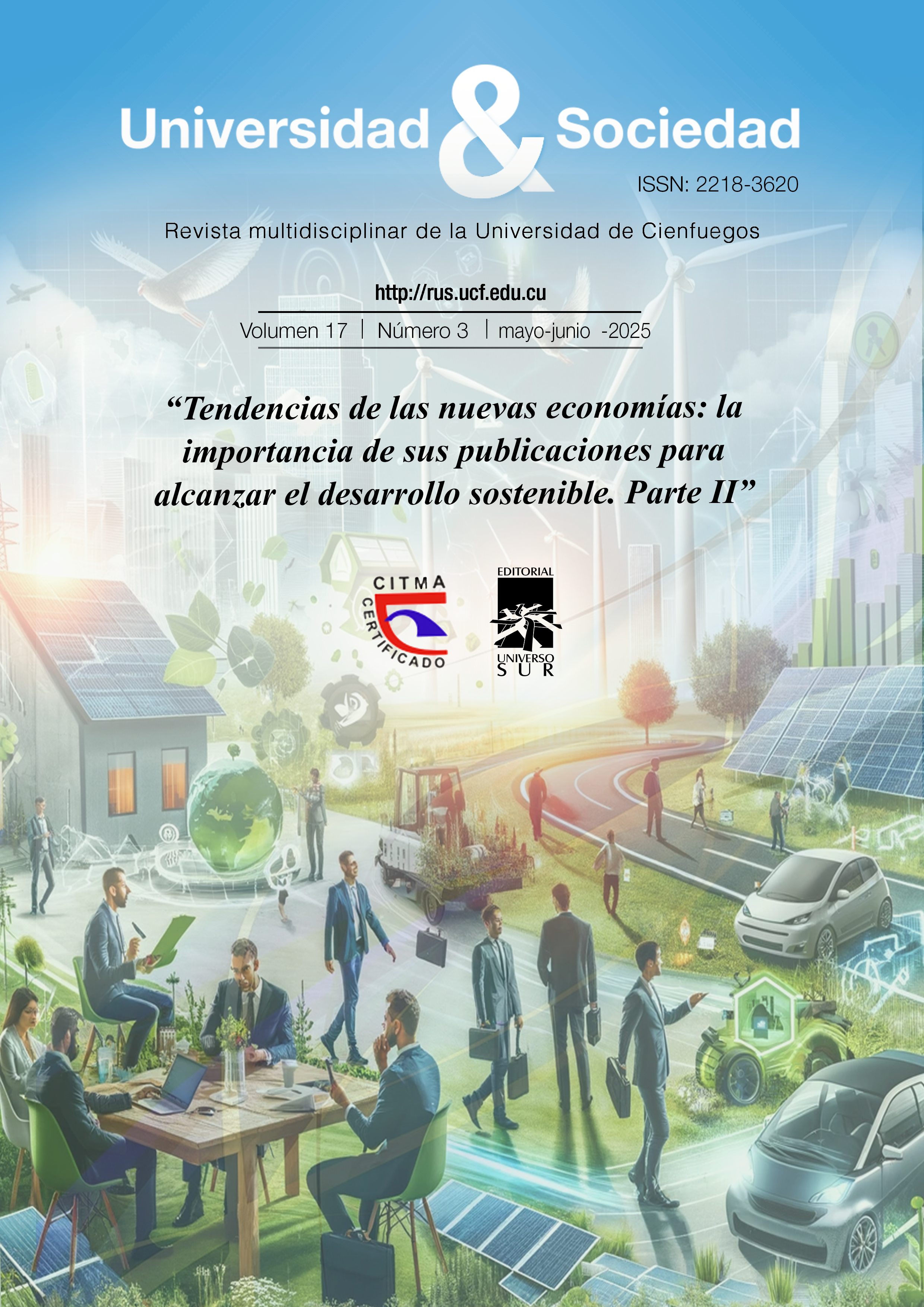Strategy-building, guidance and decision-making in adolescent cognitive activity: application of operations
Keywords:
Cognitive nature, Learning process, Cognitive activity of adolescents, Need for self-development and self-affirmation,, Psycholinguistic system.Abstract
The cognitive activity of adolescents during the learning process is a critical area of research in psychology, particularly given the increasing emphasis on results-oriented education. Despite the longstanding history of investigating psychological foundations in learning, a notable gap exists regarding the specific influence of psycholinguistic systems on this cognitive development. This study aims to explore how these systems, which encompass the thought constructions relevant to adolescents, impact their learning experiences and problem-solving abilities. Key findings indicate that facilitating a structured educational environment promotes self-discovery, personal exploration, and self-determination in both verbal and non-verbal forms. This enhancement leads to the enrichment of cognitive constructs and the strengthening of the psycholinguistic system. Ultimately, the study suggests that integrating cognitive, emotional, and psychomotor skills in modern curricula, aligned with developmental taxonomies, is essential for fostering comprehensive cognitive skills in adolescents. The implications are significant for educators seeking to optimize learning outcomes through tailored instructional strategies that address the nuanced cognitive needs of adolescents.
Downloads
Published
How to Cite
Issue
Section
License
Copyright (c) 2025 Editorial "Universo Sur"

This work is licensed under a Creative Commons Attribution-NonCommercial-NoDerivatives 4.0 International License.
La editorial "Universo Sur", de la Universidad de Cienfuegos, publica el contenido de la Revista "Universidad y Sociedad" bajo una Licencia Creative Commons Atribución-NoComercial-SinDerivar 4.0 Internacional.
© Podrá reproducirse, de forma parcial o total, el contenido de esta publicación, siempre que se haga de forma literal y se mencione la fuente.










